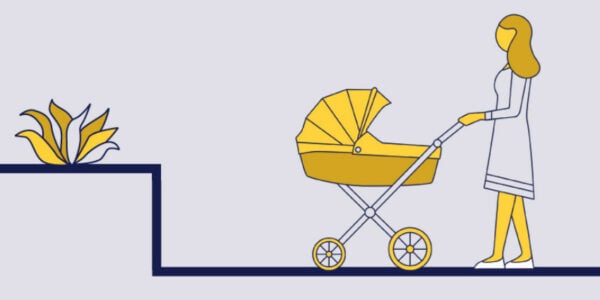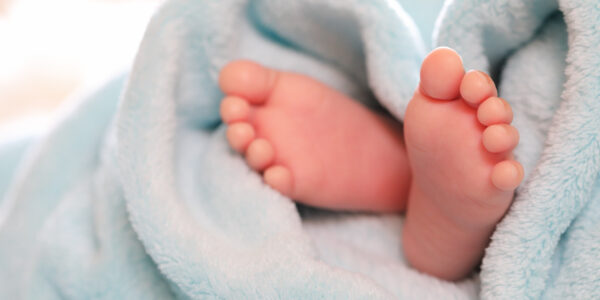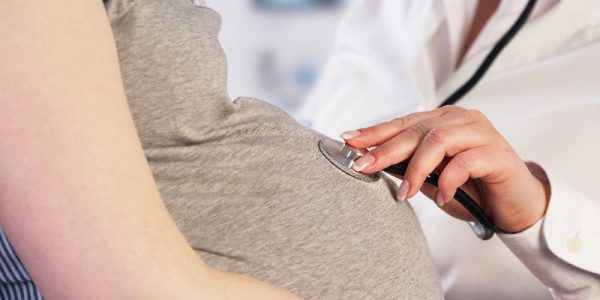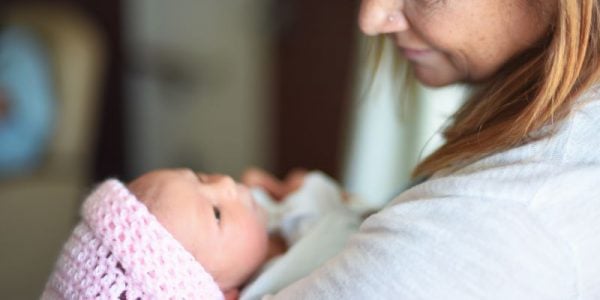Research into the scale and pattern of recurrence (the successive removal of children from their parents through care proceedings) in Wales
Since the publication of the first estimate of the scale and pattern of women’s recurrent appearances in care proceedings in England, there is growing national and international recognition of what is commonly termed the ‘repeat removals’ problem. For a proportion of birth mothers – and also fathers – history can repeat itself and result in the successive removal of children from their care through family court proceedings.
In this report we present the first ever estimate of the scale and pattern of recurrence in Wales. Professor Karen Broadhurst and her team at Lancaster University looked at the 4,345 mothers who faced care proceedings in Wales between 2011 and 2018. The primary source of data for this study were records produced routinely by Cafcass Cymru, concerning all cases of care proceedings in Wales since 2011
The team found that one in every four birth mothers in Wales who have appeared in a first set of care proceedings are at risk of returning to the family court. For the very youngest mothers, the risk rises to one in three. Overall, younger mothers are at the greatest risk of repeated proceedings, 38 per cent of women aged under 20 are likely to have a subsequent child made subject to care proceedings within eight years, compared to 18 per cent of those aged above 30.





